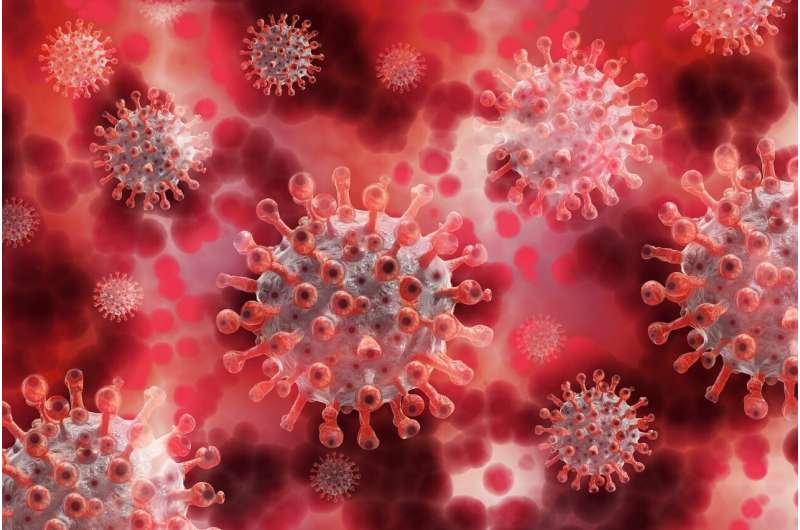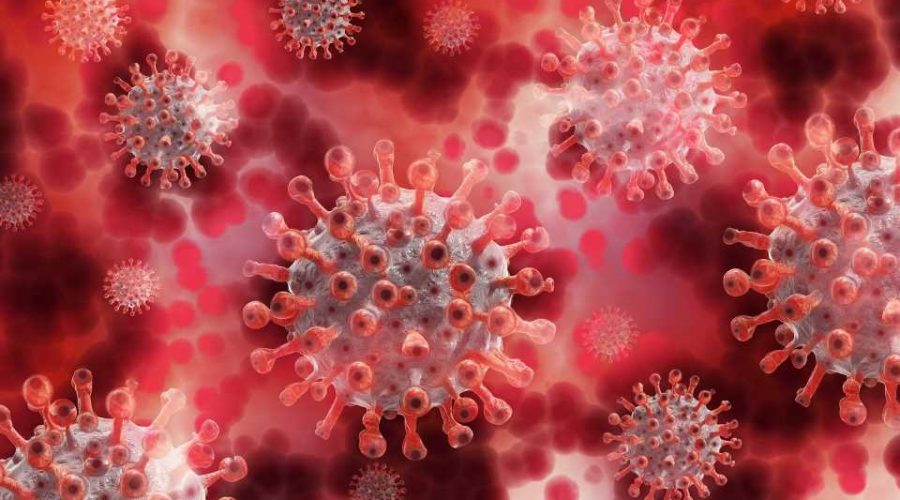Individuals with immunodeficiency at high risk of mortality following SARS-CoV-2 infection

Patients with primary and secondary immunodeficiency are at higher risk of mortality following SARS-CoV-2 infection compared with the general population, according to a new study led by the University of Birmingham.
The COVID-19 pandemic has disproportionately affected individuals with primary immunodeficiency (PID) and secondary immunodeficiency (SID). These conditions arise when the immune system’s ability to fight infectious disease is compromised or entirely absent as a result of genetic mutations (PID) or other factors, such as immunosuppressive drugs, blood cancers or chemotherapy (SID).
In a significant national effort, and the largest study of its kind to date, the United Kingdom Primary Immunodeficiency Network (UKPIN) collated the outcomes of individuals with PID and SID following infection and treatment for COVID-19.
This retrospective study, published in the journal Clinical and Experimental Immunology, aims to better understand the risk of severe disease and death following SARS-CoV-2 infection in patients with primary or secondary immunodeficiency. The outcomes of 310 individuals from across the United Kingdom were reported to a UKPIN case series between March 2020 and July 2021.
The team found that 45.8 percent of patients with PID or SID were hospitalized with COVID-19, a significantly higher rate than for the UK general population, and died up to 26 years younger than the median age of death from COVID-19 in the UK. The risk of dying in patients with primary or secondary immunodeficiency was also higher than the general population, varying between subgroups of these conditions. For example, 16.3 percent of individuals with primary immunodeficiency receiving immunoglobulin replacement and 27.2 percent with secondary immunodeficiency died from infection during the first three waves of the SARS-CoV-2 pandemic in the UK.
The data suggest that the risk factors for severe COVID-19 in patients with PID are comparable to the general population and identifies lymphopenia, an abnormally low level of a type of blood cell called a lymphocyte, as an additional risk factor. It also shows early evidence of the efficacy of some COVID-19 treatments in patients with PID and SID which can minimize the risk of poor outcome from the disease. Both risk factors and COVID-19 treatments are therefore important areas of research with implications for these patients and the general population.
This study highlights the need for ongoing research on SARS-CoV-2 infection in vulnerable individuals with primary or secondary immunodeficiency including outcomes following COVID-19 vaccination and the rollout of outpatient treatments including monoclonal antibody and anti-viral therapies.
First author Dr. Adrian Shields, of the University of Birmingham, explained: “This large nationwide study confirms our initial finding of higher morbidity and mortality in patients with immunodeficiencies and starkly demonstrates their extreme clinical vulnerability to COVID-19. These findings must inform public health policy and future research to ensure that patients with rare immunodeficiencies are protected and not forgotten as COVID-19 restrictions are relaxed.”
Senior author Professor Alex Richter, of the University of Birmingham, added: “This study highlights the magnitude of the risk posed to the immunodeficiency community during the first waves of the COVID-19 and identifies factors that will help immunologists personalize that risk on an individual basis. With the UK moving towards removing measures that reduce transmission, it is important to understand the ongoing risk to this patient group to enable the development of public health policies as the pandemic evolves.”
Source: Read Full Article
